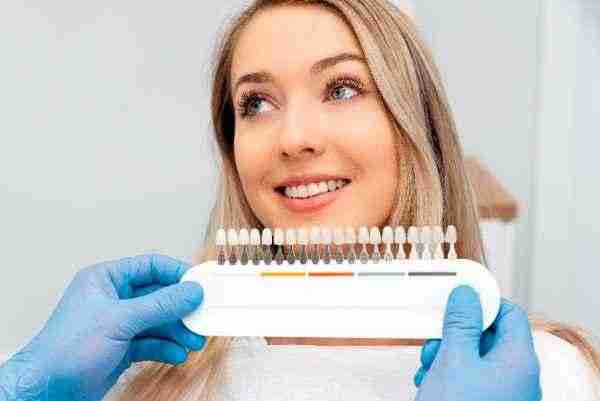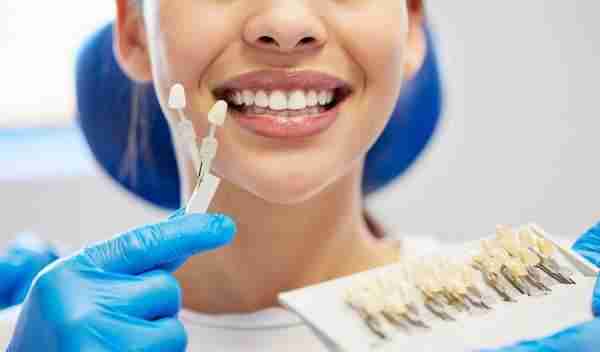A gleaming, white smile is a confidence booster, and it’s no surprise that people are increasingly seeking ways to enhance the brightness of their teeth. Among the wide variety of products on the market, charcoal toothpaste has taken the spotlight, largely due to its natural appeal and striking black hue. Promoted as a miracle solution for removing stains and achieving a whiter smile, charcoal toothpaste claims to be both effective and safe.
But how much truth is there behind these bold assertions? In this article, we explore what charcoal toothpaste is, how it works, and whether it truly delivers the whitening results it promises.
What Is Charcoal Toothpaste?
Charcoal toothpaste is made with activated charcoal, a fine black powder derived from carbon-rich materials like coconut shells, bamboo, peat, or wood. These materials are heated at high temperatures, a process that enhances the charcoal’s porosity and surface area. This allows it to effectively bind to impurities, a trait long utilised in emergency medicine for treating poison ingestion. Its growing use in dental products is based on its claimed ability to naturally whiten teeth and detoxify the mouth.
Key Features of Charcoal Toothpaste:
- Whitening Ability: Believed to lift surface stains from teeth.
- Abrasive Texture: Grit helps scrub stains from enamel.
- Detox Claims: Promoted as removing toxins and bacteria from gums.
- Historical Use: Charcoal has been used for oral care since ancient times for its cleansing and purifying properties.
How Is Charcoal Supposed to Whiten Teeth?
The primary whitening mechanism of charcoal toothpaste lies in two properties: abrasion and adsorption.
- Abrasiveness: The gritty texture of charcoal may help polish away surface-level stains caused by coffee, wine, or smoking. It functions similarly to other abrasive toothpastes by physically scrubbing stains off the enamel.
- Adsorption: Unlike absorption, adsorption refers to the ability of charcoal to attract and hold substances on its surface. Proponents claim that activated charcoal can bind to plaque, bacteria, and other debris, helping to eliminate them from the mouth.
However, it is important to understand that charcoal toothpaste does not chemically whiten the teeth. It does not contain hydrogen peroxide or carbamide peroxide, the agents found in clinically approved whitening treatments.
What Does the Science Say?
Despite its popularity, the scientific evidence supporting charcoal toothpaste’s whitening ability is still limited. Most dental professionals express caution, and a number of reputable organisations have raised concerns.
Table: Key Findings on Charcoal Toothpaste
Source | Findings | Conclusion |
British Dental Journal (BDJ) | Most charcoal toothpastes lack fluoride and are overly abrasive | Potential risk to enamel and oral health |
American Dental Association (ADA) | No current charcoal toothpaste has earned the ADA Seal of Acceptance | Insufficient clinical evidence |
Journal of the American Dental Association | Claims about whitening and detoxifying are largely unsubstantiated | More research is needed |
These findings suggest that while charcoal toothpaste might offer some short-term polishing effects, it is not a reliable or scientifically backed method for long-term teeth whitening.
Video link -Achieve a Radiant Smile with Professional Teeth Whitening
Potential Risks and Downsides
Charcoal toothpaste is not without drawbacks. In fact, regular use may do more harm than good, especially if used incorrectly or too frequently.
Common Concerns:
- Enamel Erosion: The abrasive quality of charcoal may wear away the enamel over time, making teeth more sensitive and susceptible to decay.
- Gum Irritation: Harsh particles can irritate or damage the delicate gum tissues, particularly if aggressive brushing techniques are used.
- Staining Dental Restorations: Ironically, charcoal may stain crowns, bridges, and veneers, resulting in uneven colouring.
Other Potential Issues:
- Charcoal particles can become lodged in the gums and between teeth, making it difficult to rinse away entirely.
- There’s limited long-term research into the effects of daily use on oral health.
Tip: If you’re unsure whether a toothpaste is too abrasive, ask a dentist in Barnsley to recommend enamel-safe options that offer effective stain removal without compromising tooth integrity.
Alternatives to Charcoal for Teeth Whitening
If your goal is a whiter smile, there are several clinically approved and enamel-friendly alternatives available:
Safer Whitening Options:
- Whitening Toothpaste with Mild Abrasives and Peroxides Designed to safely remove surface stains while gradually brightening teeth.
- Professional Whitening Treatments Carried out by a dentist in Barnsley, these offer more noticeable and longer-lasting results using peroxide-based gels.
- Home Whitening Kits (With Dentist Supervision) Custom-fitted trays and controlled ingredients for safe at-home application.
For anyone considering teeth whitening Barnsley services, a dental consultation ensures you get the safest and most effective solution tailored to your oral health needs.
Myths About Charcoal Toothpaste Debunked
While charcoal toothpaste is often praised online, several misconceptions continue to mislead users. It’s important to separate fact from fiction before including it in your routine.
Common Myths and Clarifications:
- Myth: Charcoal whitens all types of stains
Truth: It only targets surface stains, not deep (intrinsic) discolouration. - Myth: Charcoal is safer because it's natural
Truth: Natural doesn't always mean harmless, abrasion can still damage enamel. - Myth: It's a complete toothpaste substitute
Truth: Most lack fluoride, essential for cavity prevention and enamel protection.
Charcoal can be used occasionally, but should never replace professional teeth whitening in Barnsley or your daily fluoride-based toothpaste.
When to Use Charcoal Toothpaste (If at All)
If you’re still intrigued by charcoal toothpaste, moderation is key. It can be used occasionally perhaps once or twice a week to assist with surface stain removal, but it should never replace your daily fluoride toothpaste.
Use Charcoal Toothpaste Safely By:
- Using it no more than 1–2 times per week
- Choosing products that include fluoride
- Avoiding use on crowns, veneers, or fillings
- Brushing gently to prevent enamel wear
- Consulting a dental expert before use
A qualified provider offering teeth whitening Barnsley services will always prioritise both the cosmetic and structural health of your teeth, something that trendy products might overlook.
Conclusion
While charcoal toothpaste might help scrub away some surface stains, it is not a scientifically proven whitening agent and may pose risks to your enamel and gums with regular use. It lacks the active ingredients found in professional whitening products and often excludes essential fluoride. If you're serious about achieving a whiter smile safely and effectively, seeking guidance from a dental professional is your best course of action.
For safe and tailored whitening solutions, trust the expertise available in Barnsley, where oral health and cosmetic results go hand in hand.



